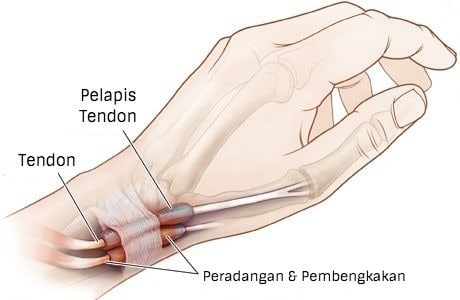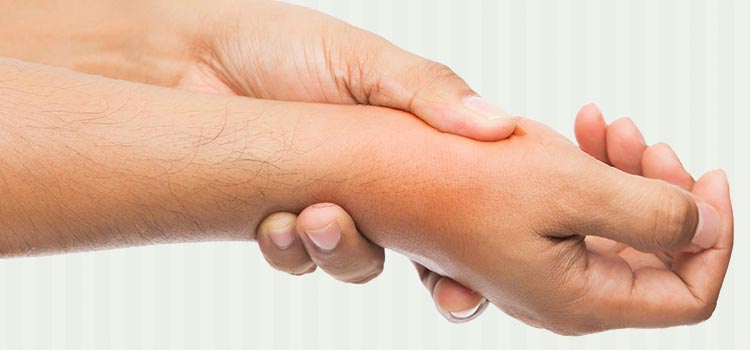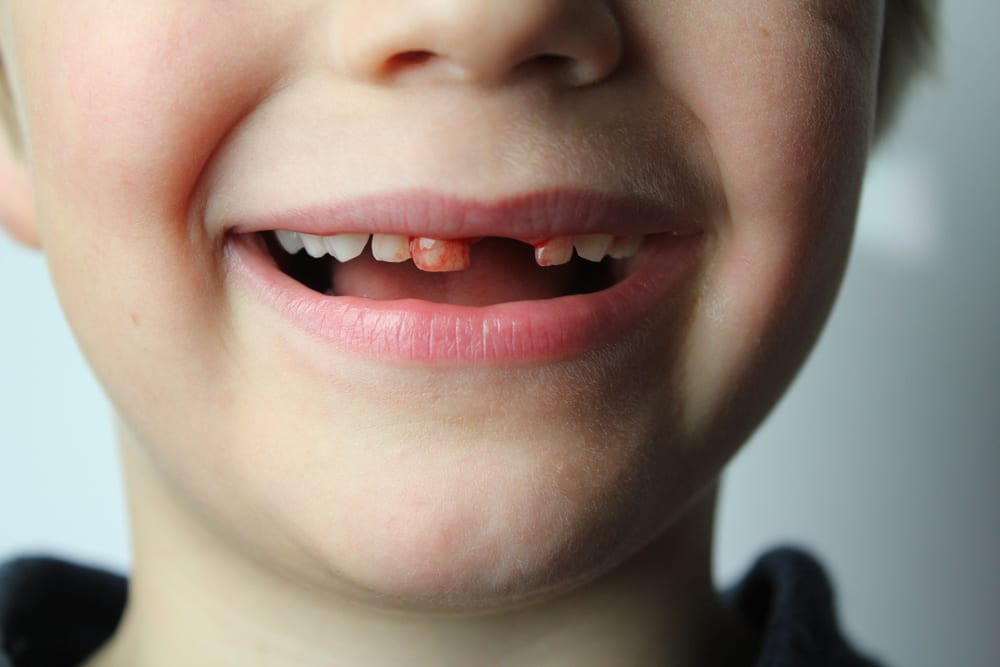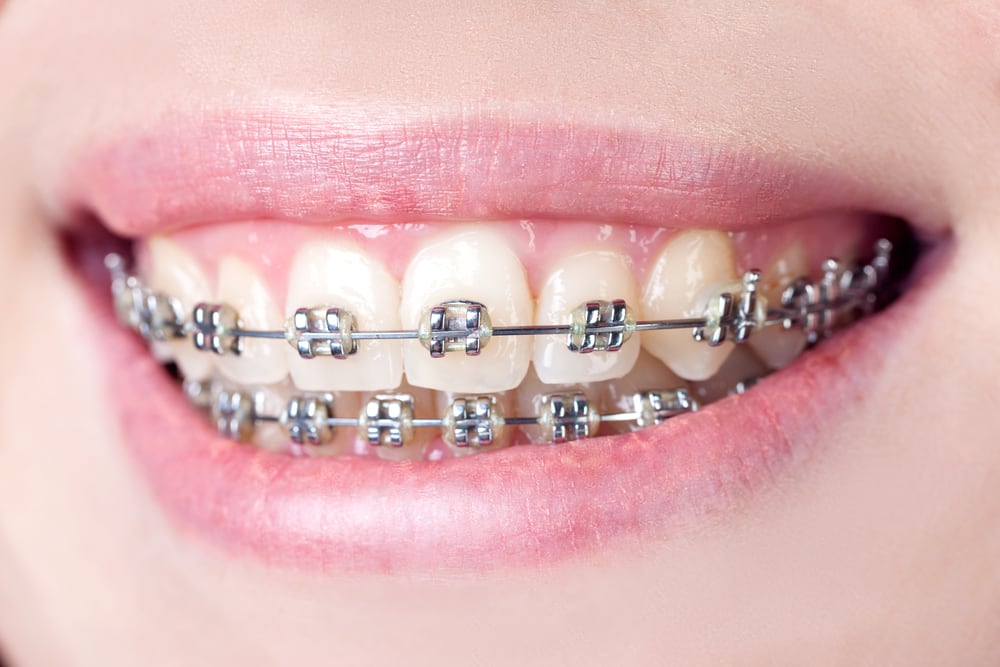Contents:
- Quervain's syndrome makes the wrist and thumbs hurt because of playing the game
- What are the causes of Quervain's syndrome?
- What are the symptoms of Quervain's syndrome?
- How to diagnose Quervain syndrome?
- How to treat thumb pain due to mostly playing games
Play the game, whether on a cellphone or electronic console that is attached to a TV screen or computer, is a favorite leisure activity of many people. Even so, do not let you forget the time to become addicted. Frequency playing the game over time trigger the occurrence of Quervain's syndrome which is characterized by wrist and thumb pain.
Quervain's syndrome makes the wrist and thumbs hurt because of playing the game
His hands and fingers move with the help of bones, muscles, and tendons (muscle and bone connecting tendons) to hold the console and push the button on joystick.
Excessive overuse of the tendon wears out thinning so that you eventually experience small tears. If it continues to be forced, worn tendons can become inflamed and swell.
When the swollen tendon rubs against the narrow tunnel that overlays it (the gray cylinder in the bottom image), this makes the thumb hurt. The pain can spread to the forearm. This condition is called Quervain's syndrome or de Quervain tenosynovitis.

What are the causes of Quervain's syndrome?
Reporting from WebMD, the cause of Quervain's syndrome is actually unknown. However, any activity that depends on hand movements (including wrists and fingers) is repetitive and excessive, such as playing game; sports that use sticks or racquets, such as badminton, golf, tennis); and typing on a computer. Injuries to the thumb caused by hard objects can also cause this condition.
Compared to children, adults aged 30 to 50 years are more at risk of experiencing Quervain's syndrome. Why? They are susceptible to inflammation of the joints such as rheumatism and more often doing heavy work and / or repetitive activities that use hands.
What are the symptoms of Quervain's syndrome?
The most important symptom of Quervain's syndrome is the extreme pain in the wrist and the bottom of your thumb. Other symptoms that you need to pay attention to, such as:
- The base of the thumb swells.
- The side of the wrist swells.
Usually pain will arise when you hold or pinch something. Pain can get worse when you try to move your thumb or rotate your wrist. In some cases, pain can spread to the entire arm.
Symptoms can occur gradually or suddenly.
How to diagnose Quervain syndrome?

There are many causes of wrist and hand thumb pain, not just Quervain's syndrome. To get the right diagnosis, the doctor will see the condition of the thumb and test the pain by pressing the thumb and wrist.
Next, you will be recommended to take the Finkelstein test, which is a test to determine the presence of Quervein syndrome by making a movement to bend the thumb, clench, or rotate the wrist. If it hurts, the possibility of a positive test result has this syndrome.
How to treat thumb pain due to mostly playing games
Treating Quervain's syndrome means reducing pain and inflammation in many ways, such as taking NSAIDs for pain relief (ibuprofen or naproxen). Frequently compressing the inflamed part of the hand with cold water can also relieve the pain. If it doesn't work, the doctor will inject steroids into the sheath that surrounds your tendon. If in 6 months your condition improves, there is no need for further treatment.
If it still doesn't heal too, the doctor will attach a splint to your hand to prevent it from moving a lot. Splint must be used every day and may only be released after 4 or 6 weeks.
Surgical operations to release tendon sheaths may be needed as a final solution if none of the above methods work. The release of the protective sheath can make the tendon move smoothly again without pain.
Whether it's wearing a splint or with surgery, after that you are also advised to take physical therapy to build strength in the wrists, fingers and arms. During the recovery period, you can avoid activities that weigh your hands or do repetitive movements with your hands. Furthermore, you also need to routinely stretch the body, especially on the hands to strengthen muscles and keep the joints stable.











